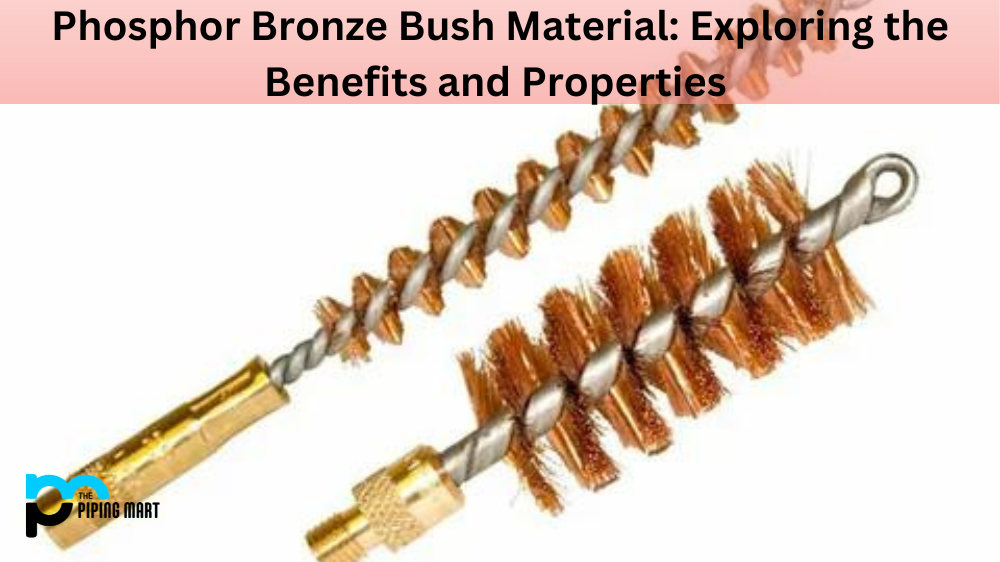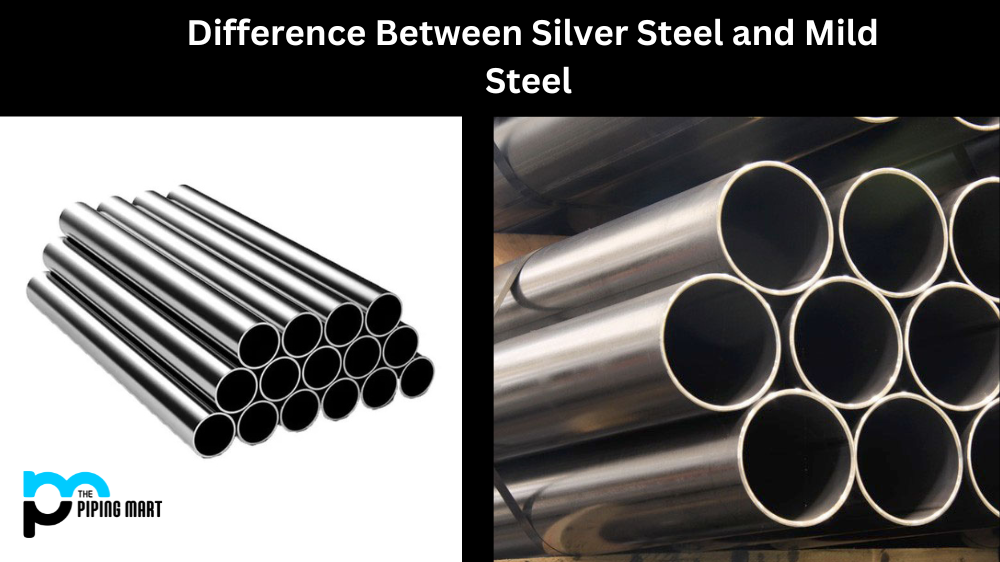Phosphor bronze bush material is an alloy of copper, tin, and phosphorus known for its strength and durability. It combines high mechanical strength, corrosion resistance, electrical conductivity, and machinability, making it an ideal choice for many applications. In this blog post, we will explore the benefits and properties of phosphor bronze bush material in greater detail.
Benefits of Using Phosphor Bronze Bush Material
The main benefit of using phosphor bronze bush material is its high strength-to-weight ratio. This means that it can bear up to twice as much weight as other materials with similar dimensions while still retaining its shape and form. This makes it ideal for applications where space is at a premium or where extra weight would be a hindrance. Additionally, phosphor bronze bush material is highly resistant to wear and tear, which makes it great for long-term use without sacrificing performance or efficiency over time.
Phosphor Bronze Bush Material Properties
Phosphor bronze bush material also has several unique properties that make it stand out from other materials used in engineering applications. For one thing, it has excellent electrical conductivity, which means that it can be used for electrical components like circuit boards or switches without any problems. Additionally, phosphor bronze bush material has very low friction, which makes it useful in machinery where parts need to move smoothly without excessive wear or tear over time. Finally, phosphor bronze bush material is highly resistant to corrosion which means that your components will last longer even when exposed to moisture or water.
Phosphor Bronze Bushes Sizes
When choosing a phosphor bronze bushing size for your application, you should consider the type of load and application you are using them for. Generally speaking, larger sizes are better suited for heavy loads, and smaller sizes are more suitable for lighter applications such as motors or precision instruments. The size you choose should also depend on the space available in your machine, so you don’t overcrowd parts or cause unnecessary stress on them by cramming too many pieces into too small an area.
Conclusion:
In conclusion, phosphor bronze bush material is an ideal choice for many engineering applications due to its strength-to-weight ratio, corrosion resistance, low friction levels, and electrical conductivity properties. Its versatility and affordability make it an attractive option in many different industries, from automotive to electronics manufacturing. Whether you’re looking to reduce costs or increase efficiency through improved component design, phosphor bronze bush material may be just what you need!
Meet Heer, a dynamic and driven writer learning tricks of her trade in the metal industry. With a background in Digital Marketing, Heer brings a unique perspective to her writing, sharing valuable insights. Apart from blogging she like reading and hiking.




